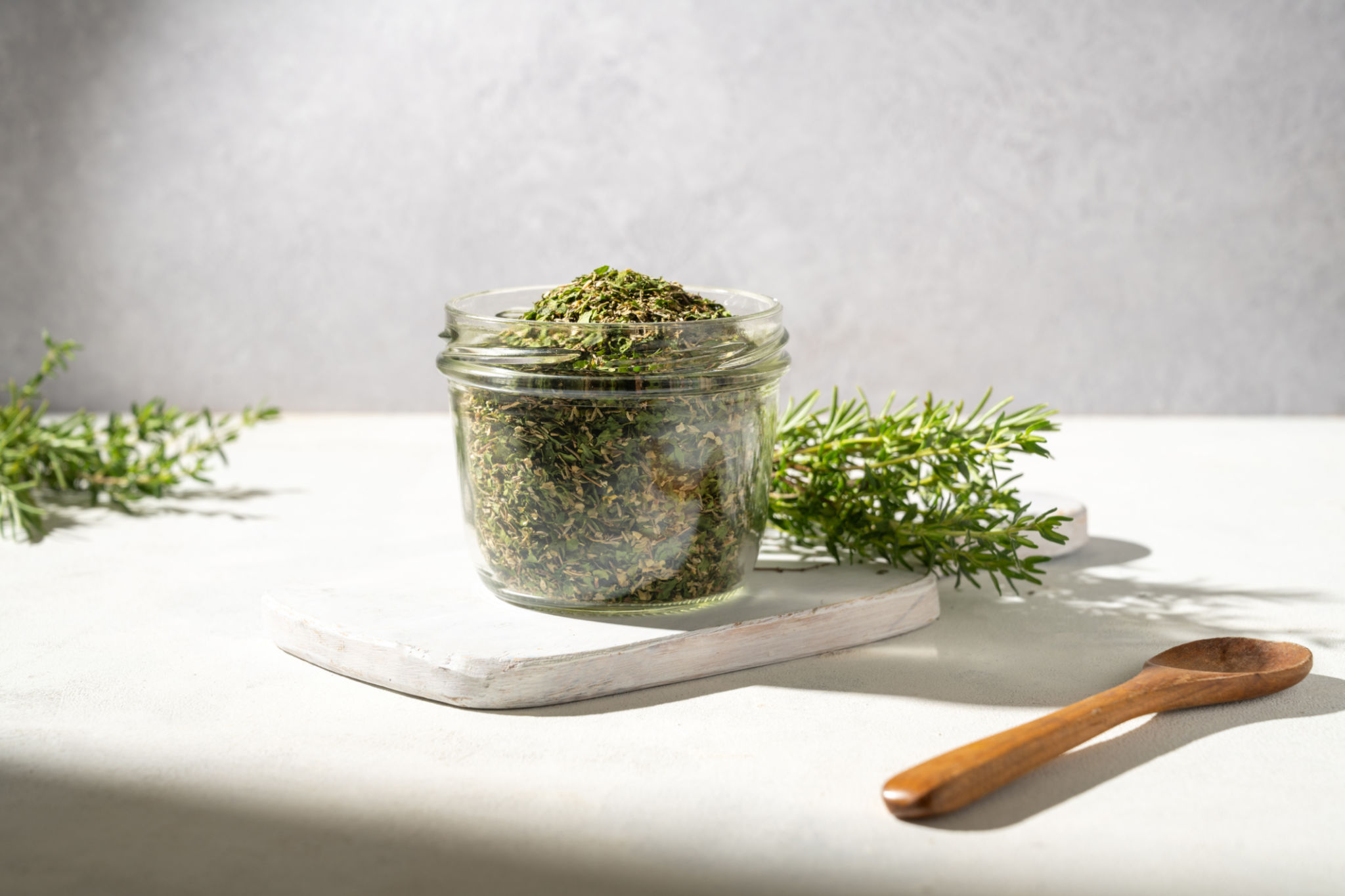RCVM.ORG
- Subcritical CO2 Extraction labs
- SES - 2
- SES-80
- Pure full spectrum raw botanical extracts
- Functional food
- Coffee + Schisandra
- Coffee + Hop extract
- Coffee + Artemisia Annua extract
- Almonds Protein
- Walnuts protein
- Services
- About
- Investor's page
- Blog
- Mare's milk processing
- CO₂ Dry Cleaning
- Subcritical CO₂-Extracted Shikonin for Skin Injury Treatment
Top 5 Myths About Herbal Extracts and the Truth Behind Them
Understanding Herbal Extracts
Herbal extracts have gained popularity in recent years as a natural alternative to traditional medicine. However, with their rise in popularity, several myths have emerged that can mislead consumers. In this post, we'll debunk the top five myths surrounding herbal extracts and reveal the truth behind them.

Myth 1: Herbal Extracts Are Always Safe
The belief that herbal extracts are completely safe because they are natural is a common misconception. While they are derived from plants, not all herbal extracts are safe for everyone. Some may interact with medications or cause allergic reactions. It's important to consult a healthcare provider before incorporating them into your routine, especially if you have existing health conditions.
Understanding Potential Interactions
Certain herbal extracts can interact with prescription medications, potentially altering their effectiveness or causing side effects. For instance, St. John's Wort can interfere with antidepressants, birth control pills, and other medications. Always check with a professional to ensure safety.
Myth 2: Herbal Extracts Work Instantly
Unlike pharmaceutical drugs, herbal extracts typically do not provide immediate effects. They often require consistent use over time to exhibit benefits. Patience and regular use are key when integrating herbal extracts into your wellness routine.

The Importance of Consistency
Consistency is crucial when using herbal extracts. Regular use over weeks or even months may be necessary to experience noticeable changes. For example, ginseng may take several weeks to improve energy levels and mental clarity.
Myth 3: All Herbal Extracts Are the Same
Another misconception is that all herbal extracts are created equal. The quality and potency of herbal extracts can vary significantly depending on the manufacturer, extraction method, and plant source.
Choosing Quality Products
When selecting herbal extracts, look for reputable brands that conduct third-party testing for quality assurance. Check for certification labels and customer reviews to ensure you are purchasing a product that is both effective and safe.

Myth 4: Herbal Extracts Can Cure Diseases
While herbal extracts can support overall health and well-being, they are not a cure for diseases. They should not replace professional medical treatment but rather be used as a complementary approach under the guidance of a healthcare provider.
Complementary Use
Herbal extracts can be valuable in managing symptoms and improving quality of life when used alongside conventional treatments. However, relying solely on them for serious health issues is not recommended.
Myth 5: More Is Better
The assumption that taking more of an herbal extract will yield better results is misleading. Overconsumption can lead to adverse effects and may even be harmful.
Following Recommended Dosage
It's essential to follow the recommended dosage instructions provided by the manufacturer or your healthcare provider. Taking excessive amounts can lead to toxicity or other health concerns.

In conclusion, while herbal extracts offer numerous benefits, it's crucial to approach them with informed caution. By debunking these myths and understanding the truths behind them, you can make safe and effective choices for your health journey.